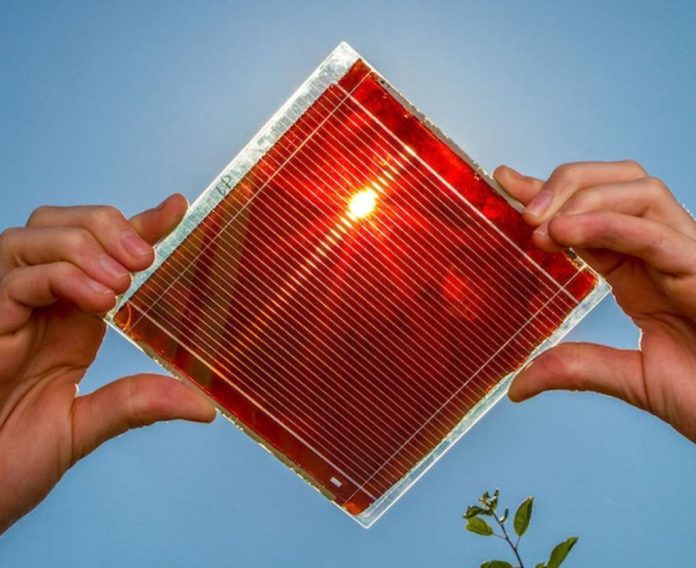Researchers from Imperial College London, Soochow University in China, and the University of Cambridge have developed environmentally friendly materials that could harvest energy from indoor light to power wireless smart devices.
“By efficiently absorbing the light coming from lamps commonly found in homes and buildings, the materials we investigated can turn light into electricity with an efficiency already in the range of commercial technologies,” said co-author Dr Robert Hoye, from the Department of Materials at Imperial College.
“We have also already identified several possible improvements, which would allow these materials to surpass the performance of current indoor photovoltaic technologies in the near future.”
The team investigated perovskite-inspired materials, which were created to circumvent problems with materials called perovskites, which were developed for next-generation solar cells. Although perovskites are cheaper to make than traditional silicon-based solar panels and deliver similar efficiency, perovskites contain toxic lead substances. This drove the development of perovskite-inspired materials, which are instead based on safer elements like bismuth and antimony.
Despite being more environmentally friendly, these perovskite-inspired materials are not as efficient at absorbing sunlight. However, the team found that the materials are much more effective at absorbing indoor light, with efficiencies that are promising for commercial applications. Crucially, the researchers demonstrated that the power provided by these materials under indoor illumination is already sufficient to operate electronic circuits.
“Our discovery opens up a whole new direction in the search for green, easy-to-make materials to sustainably power our smart devices,” said co-author, Professor Vincenzo Pecunia, from Soochow University.
“In addition to their eco-friendly nature, these materials could potentially be processed onto unconventional substrates such as plastics and fabric, which are incompatible with conventional technologies. Lead-free perovskite-inspired materials could soon enable battery-free devices for wearables, healthcare monitoring, smart homes, and smart cities.”
#securityelectronicsandnetworks.com









